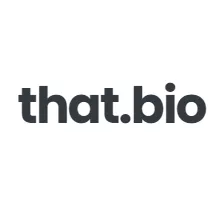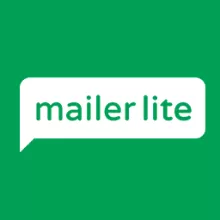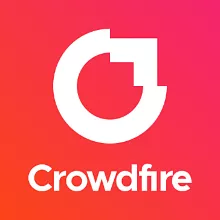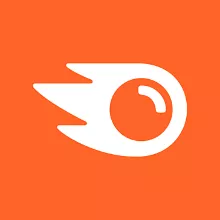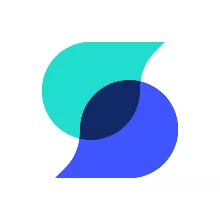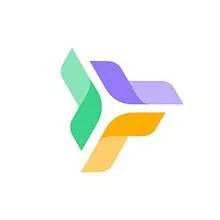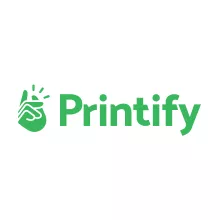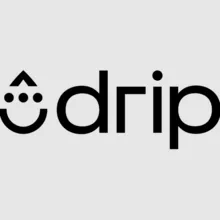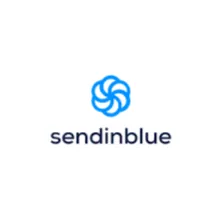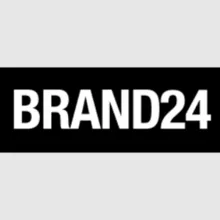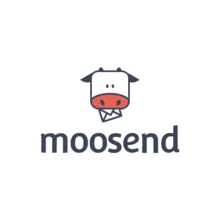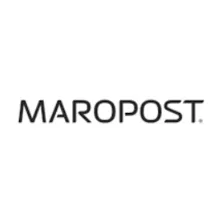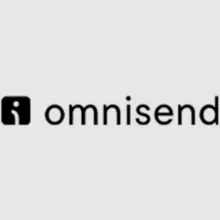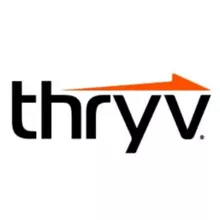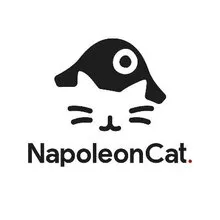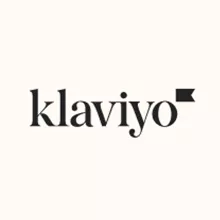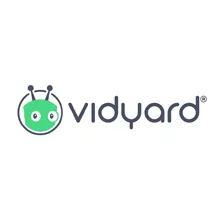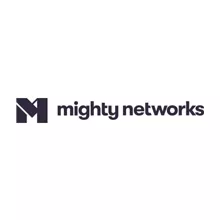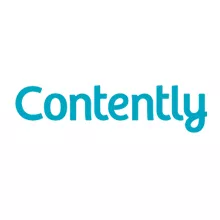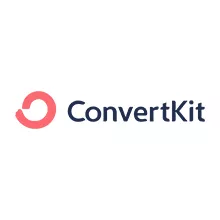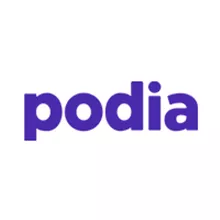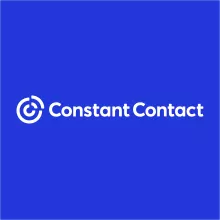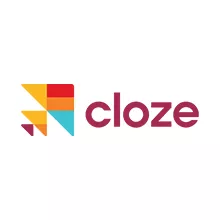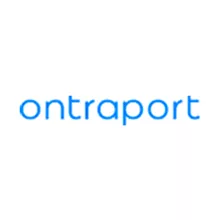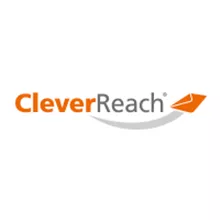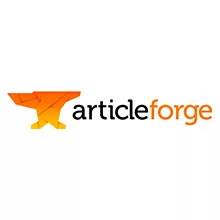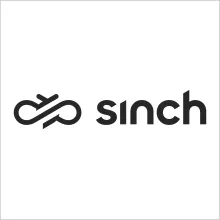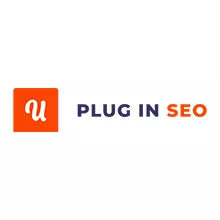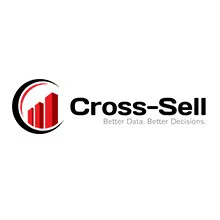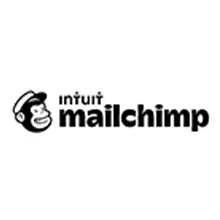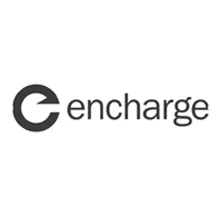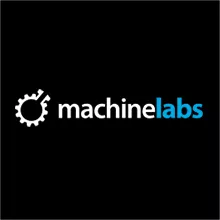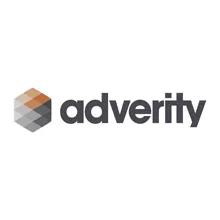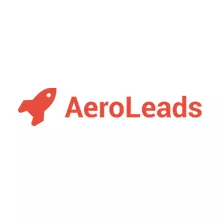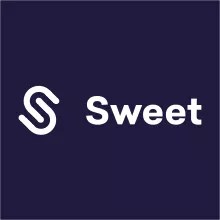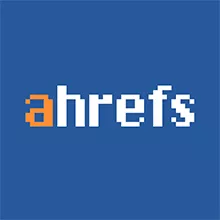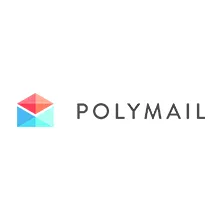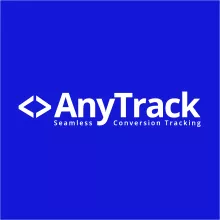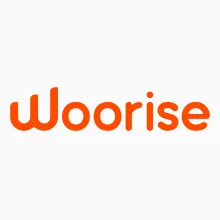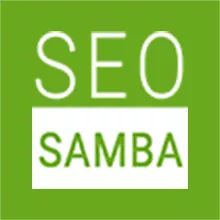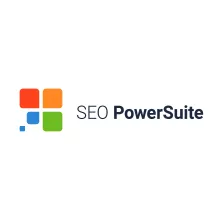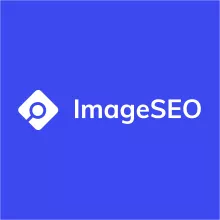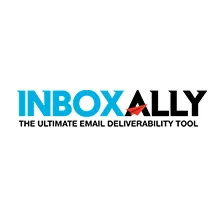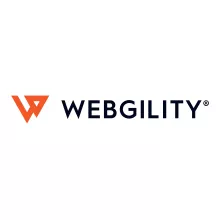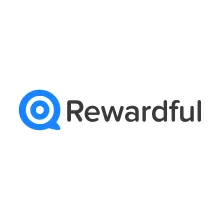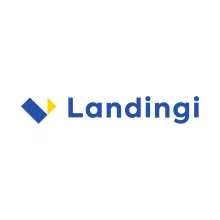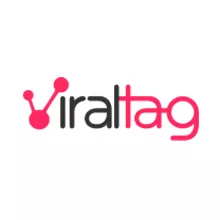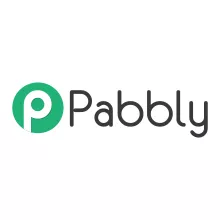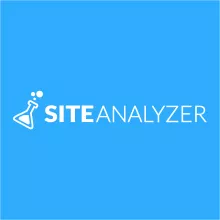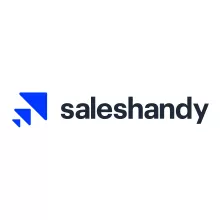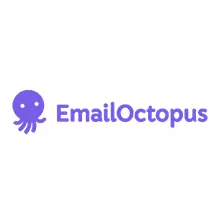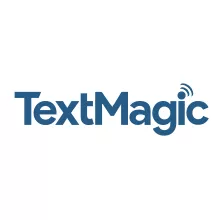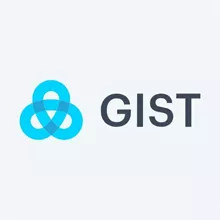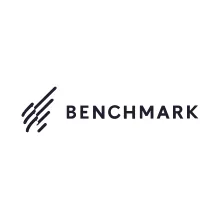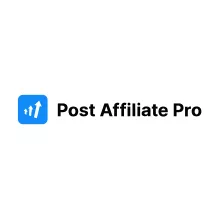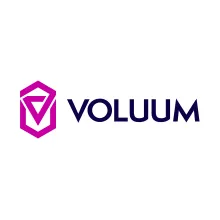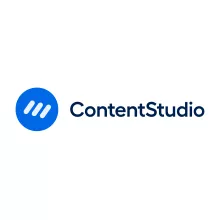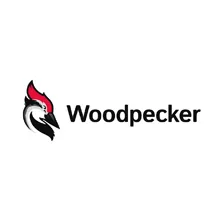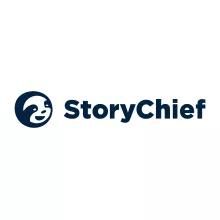Open web profiles for social media and professional link pages.
WHAT IS SEO & SEM SOFTWARE?
Search engine optimization (SEO) software aids in increasing the visibility of a website in online searches. With search engine marketing (SEM) software, you can automate and optimize your sponsored search adverts.
Although search engine marketing and search engine optimization are frequently used interchangeably, they have separate meanings.
SEM is a broad term that encompasses search engine optimization (SEO), as well as other search marketing techniques, including pay per click (PPC) and social media marketing (SMM). On the other hand, SEO is a subset of SEM that focuses solely on assisting businesses in improving their organic search rankings.
The correct SEO and SEM tools can help you enhance brand awareness, bring more visitors to your website, increase conversion rates, and reduce your overall search marketing spending.
Here is the list of the best SEO & SEM Software.
BENEFITS OF SEO AND SEM SOFTWARE
- SEO Software: Improve your organic search engine exposure. When you employ SEO software, you'll be able to figure out which keywords in your field are the easiest to rank for. To improve your total organic search visibility, you'll be able to customize your content to those keywords and obtain backlinks from sites with high domain authority.
- SEM Software: Reduce your entire advertising budget. When combined with SEO, SEM software solutions help you optimize and enhance your adverts resulting in a lower cost per click (CPC) and a higher click-through rate. It also increases brand recognition. When done correctly, SEM will place your adverts in front of your target audience with highly relevant content for free, until they click on your ad. The more individuals visit your website, the higher your search engine ranking.
FEATURES OF SEO & SEM SOFTWARE
- API: Application Programming Interfaces are programmatic intersections with external products or platforms that enable custom integrations with your solutions or other solutions you're using.
- Audience Targeting: This feature allows you to segment your audience and adapt marketing or advertising messaging to certain user groups.
- Brand Management: Features for tracking and promoting one or more product brands.
- Conversion Tracking: Measure the efficacy of marketing or advertising campaigns by tracking signups, purchases, or user behaviours.
- Dashboard: Dashboards are digital interfaces that are typically used to visualize data or provide quick access to key features and functionalities of web platforms.
- Data Visualization: Data visualization features use charts, infographics, and other visual cues to provide a visual interpretation of data sets, usually in a reporting dashboard.
- Social-Media Integration: Facebook, Twitter, Instagram, and other social media platforms are supported through integration.
- Link Tracking: Monitor your performance and compete for websites' links.

